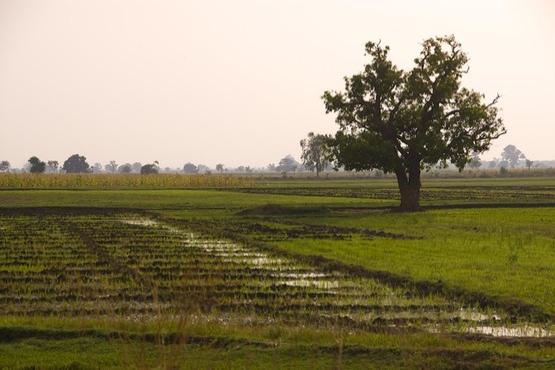Project Overview
Nigeria has an ecologically rich landscape and some of the most biodiverse regions in the world. The country is the fourth-largest producer of cocoa globally and a significant producer of palm oil. Agricultural production of such commodities has led to serious environmental degradation, including deforestation, declining soil fertility, biodiversity loss and reduction of other ecosystem services. Continued population growth threatens a continuation of such trends. To address these issues, Nigeria has undertaken a variety of programs and commitments surrounding forest loss, land degradation, and food systems transformation. Strategically, the country has focused on investment in climate-smart agriculture and sustainable land management, joining the African Forest Landscape Restoration Initiative and has committed to restoring 4 million hectares of degraded land.
Commodities:
Palm oil, cocoa
Area Covered:
300,000 hectares
Executing Partner and GEF Implementing Agency:
Food and Agriculture Organization of the United Nations

Project features
The project will not only engage a number of actors throughout the value chain but will also capitalize on ongoing private sector investments, strengthen access to financial services for smallholder farmers by creating links with financing institutions and partners, and help train producer groups and farmers in applying for and successfully managing financial products and services.
To strengthen the value and marketability of sustainable and climate smart agricultural products, the project will work with foundations and private sector partners to develop and promote standards and certification systems.
The project will also create incentive mechanisms for scaling-up of sustainable and inclusive value chains, support incentives and investments through a variety of public-private partnerships, and establish stronger links to private sector finance.
The project engages the public sector through strengthening institutional capacities of key public agencies at national, state, and local levels. It also provides capacity building to state-level development planning committees to scale up long-term conservation and restoration, particularly through coordination and leading efforts to leverage investments in restoration from public and private stakeholders.

Irrigated fields, Nigeria. By Arne Hoel/World Bank







